Glory Info About How To Deal With Emotional Eating

4 common ways to respond to emotional eating.
How to deal with emotional eating. When emotions run high, turning to food for comfort.well, it happens. Coping strategies the first step a person needs to take to rid themselves of emotional eating is to recognize the triggers and situations that apply in their life. Keeping a food diary or.
Write down what you eat, how much you eat, when you eat, how you're feeling when you eat and how hungry you are. Many do it occasionally, while others succumb to it completely and entirely. That's because eating is an inherently satisfying behavior.
Over time, you might see patterns that reveal the connection between mood and food. While eating is emotional and it's okay to occasionally soothe our emotions with food, it becomes problematic if that's the only way we know how to soothe emotions, says sarah schlichter, mph, rdn, registered dietitian nutritionist and owner of bucket list tummy. Emotional eating and how to stop it what is emotional eating?
This behavior is often associated with a number of issues, including weight gain, depression, binge eating, and other eating disorders. Identify your emotional eating triggers. Here are four ways we may approach eating when feeling some type of strong, difficult emotion.
Identify your triggers the first step to overcome emotional eating is to develop an awareness of the events that make you reach for junk food. But over time, we’ve found pleasure in our food choices. Use mindfulness exercises many people have successfully staved off cravings or greatly reduced the amount of stress food they eat by practicing mindful eating.
Emotional eating can be automatic, so adopting a mindful eating approach may also help. Moving your body can tone down the intensity of your emotions. 1 generally, emotional eating is an unhealthy method of coping with difficult feelings like anger, sadness, anxiety, or boredom.
But emotional eating can stem from bigger issues, too. Move your body. Stress, boredom, anxiety, anger, childhood habits, fatigue, seasonal stresses, and social influences are some of the most common reasons people become emotional eaters.
If these apply to you, you may benefit from counseling, stress management, exercise and other techniques. Unsplash, ella olsson) 1 / 10 look at the way you eat how you eat can be more important than what you eat. It's a response to feelings, known as emotional eating.
Find other ways to cope. Once you have more information about the emotions, situations, or thoughts that can trigger. If you are truly hungry, you’ll notice physical symptoms, such as a growling stomach.
Identify any triggers you have. Another way to control emotional eating is to figure out what your triggers are. Learn to recognize and acknowledge emotional overeating for what it is so you can start eating to satisfy real hunger, and not give in to a habit of using food to distract yourself from dealing with feelings.






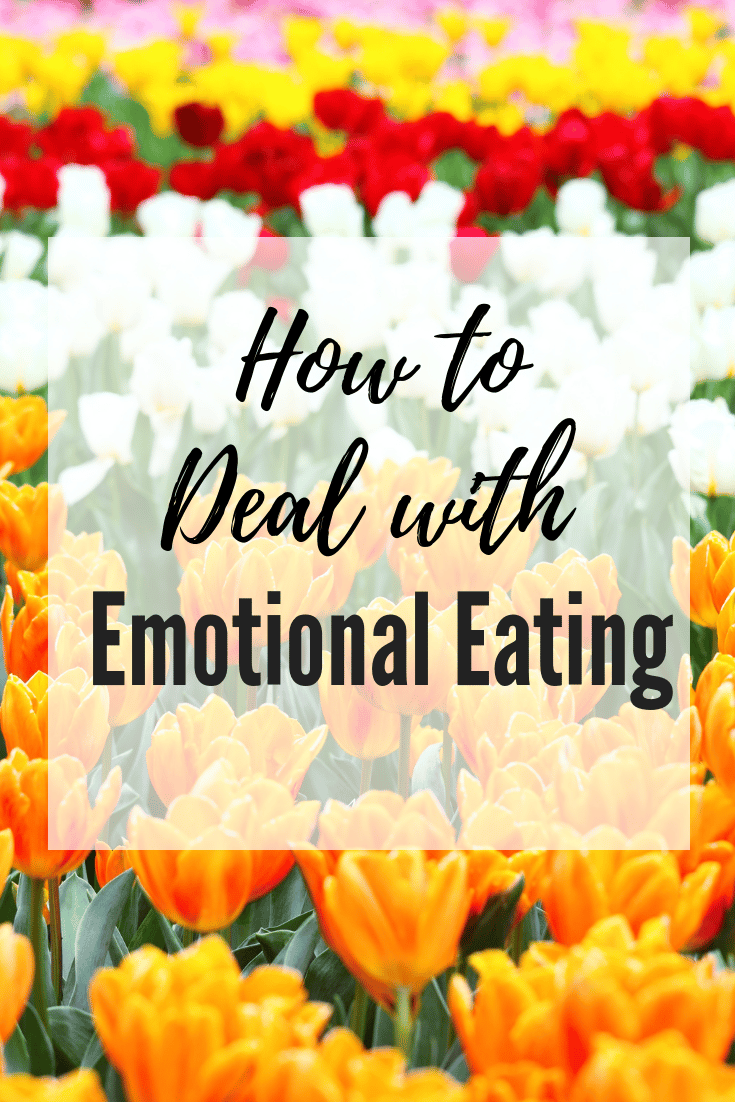

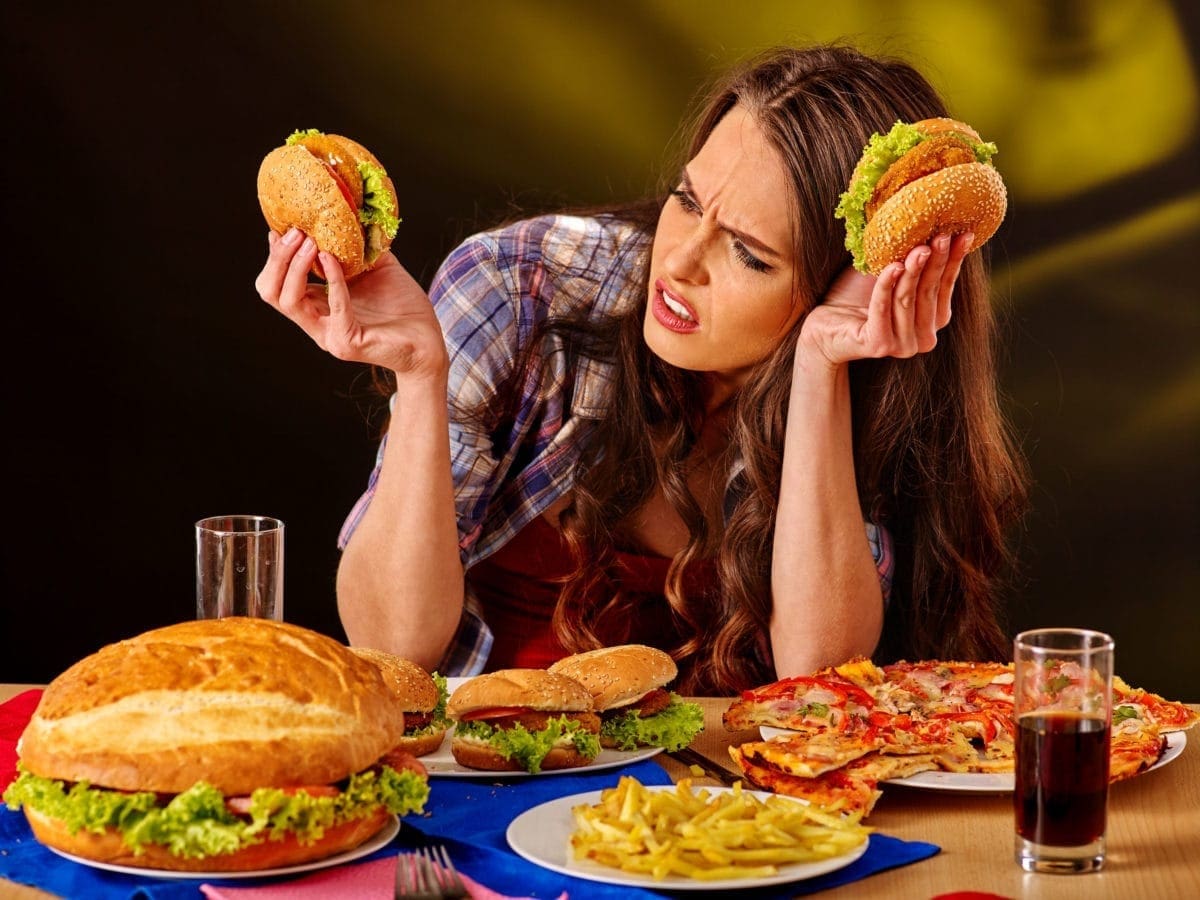



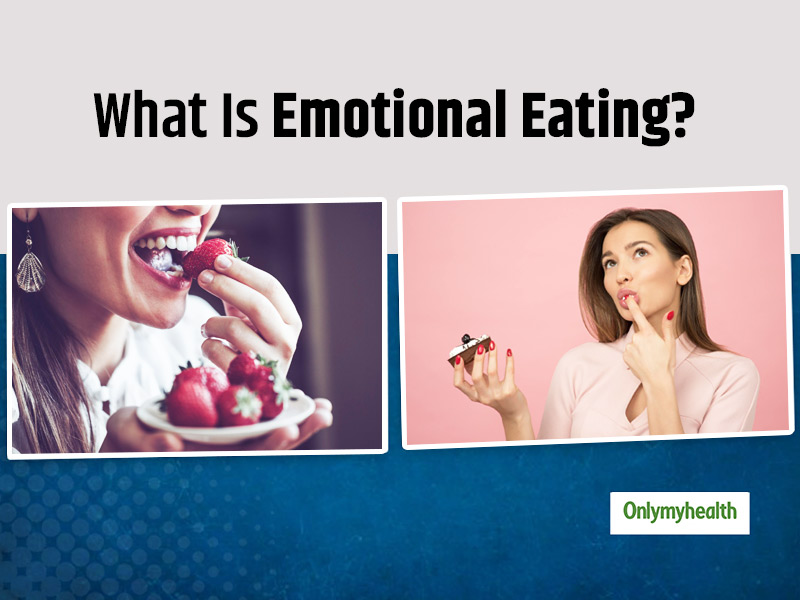

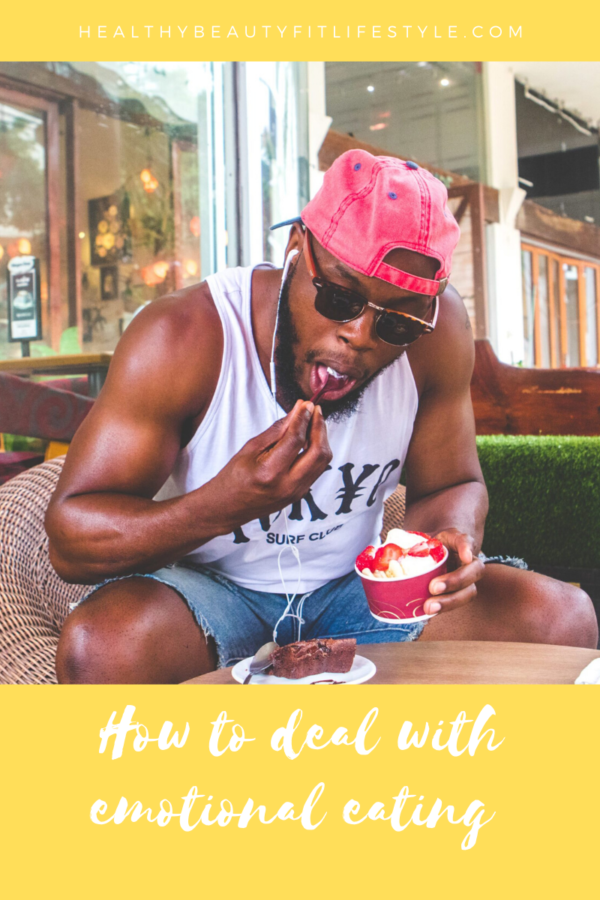
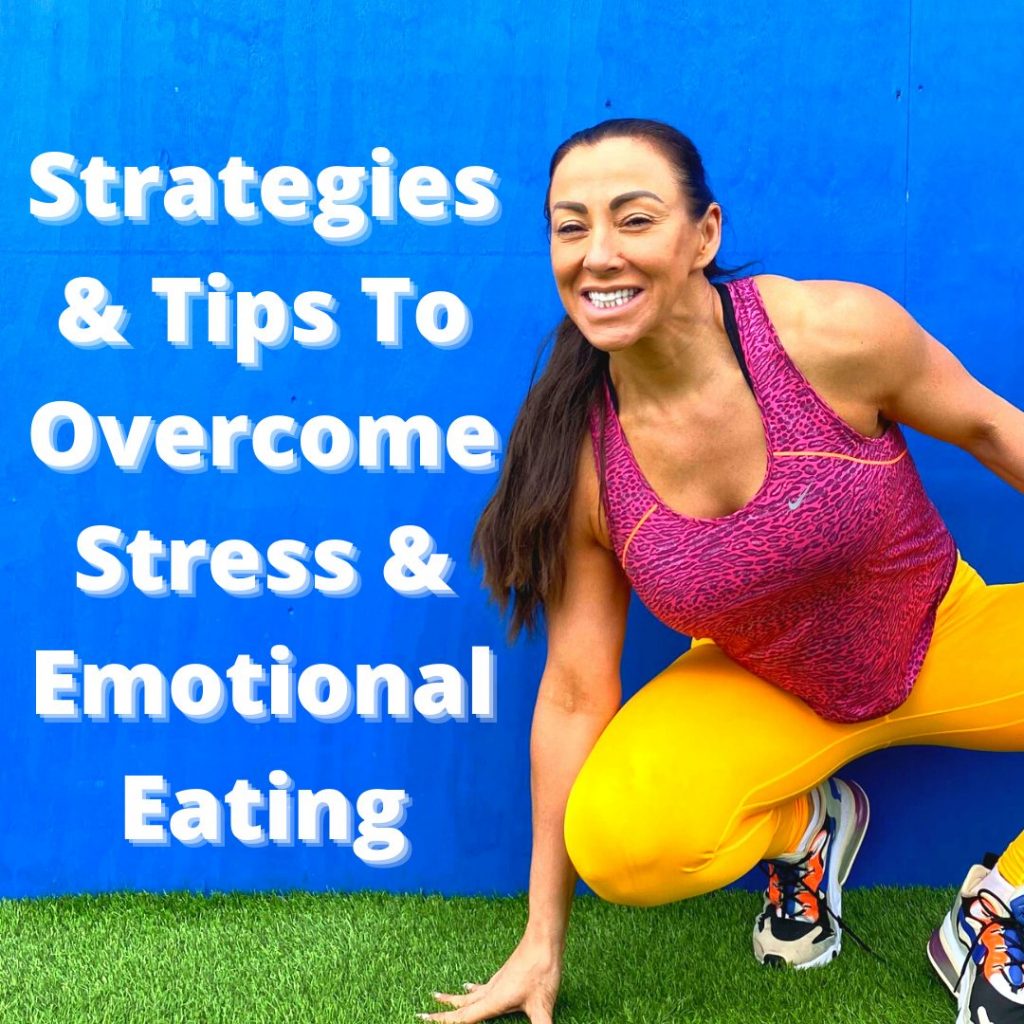

/Stocksy_emotional-eating_365228-57572c753df78c9b46cf710b-5a720e6e6bf0690037be044e.jpg)
